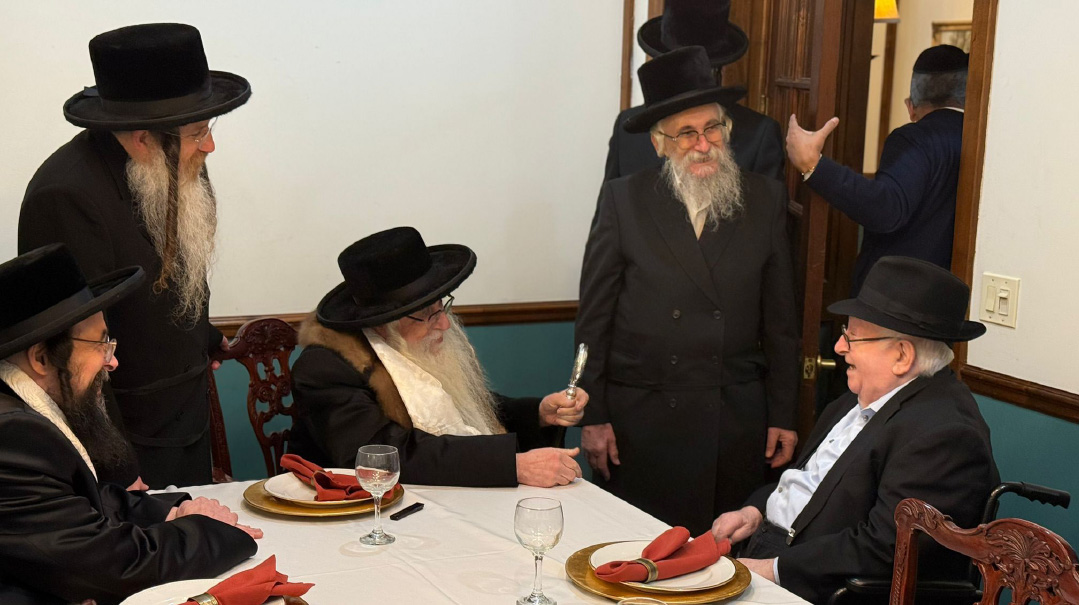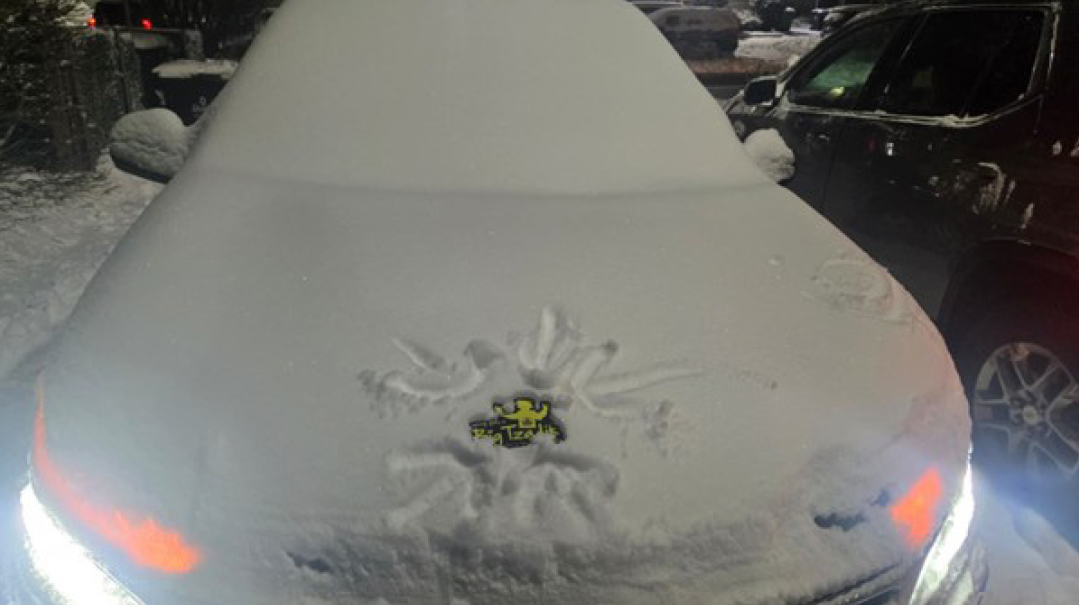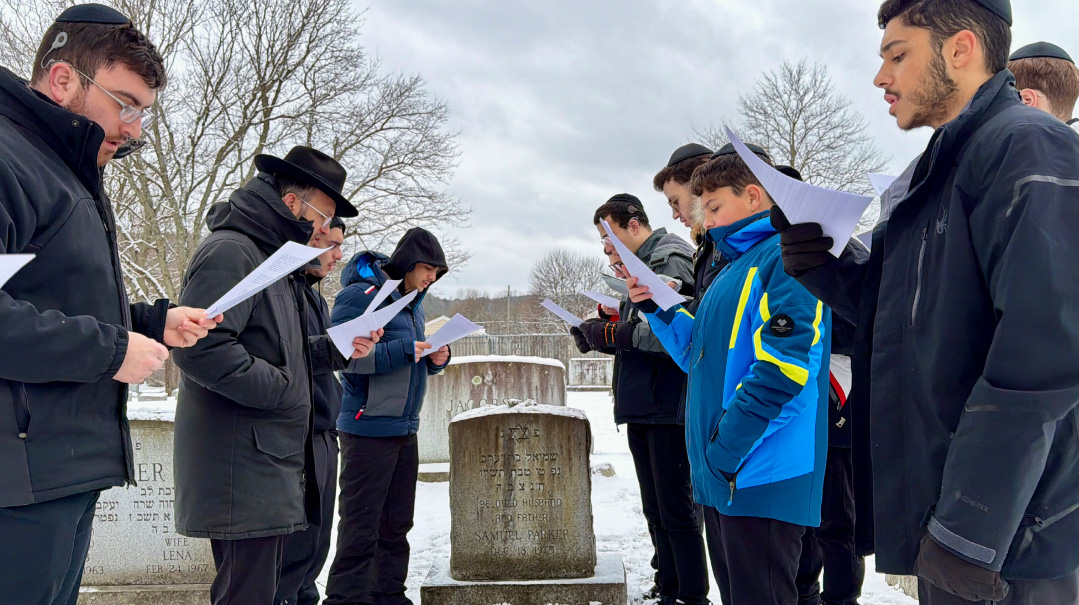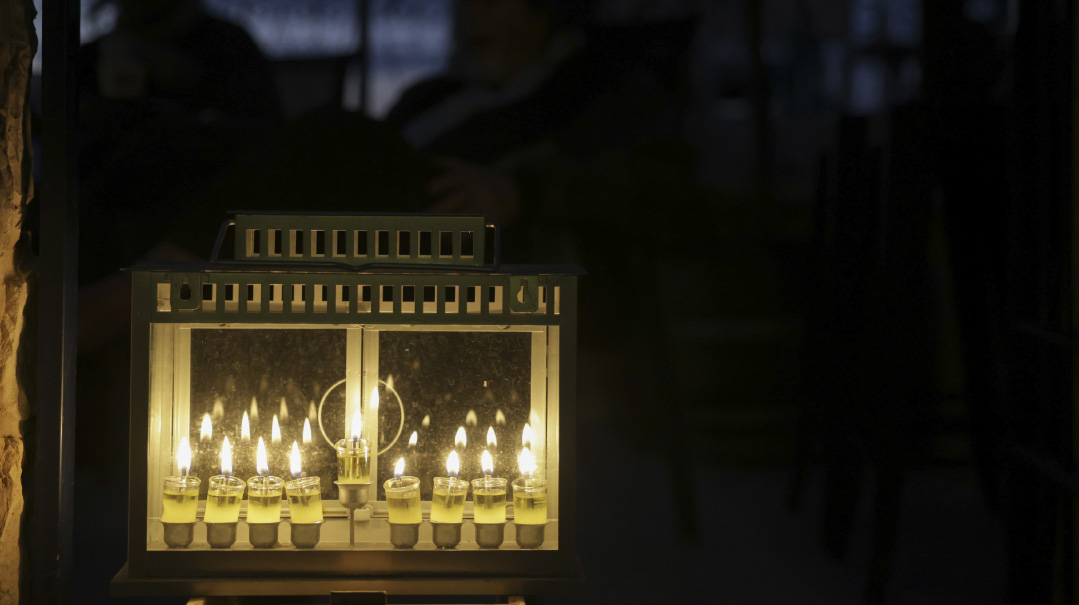The Pittsburgher Rebbe’s Niggunim Transcended All Barriers

With the Rebbe’s tragic passing from COVID, the songs are part of a legacy he left

The story of the Pittsburger Rebbe, Rav Mordechai Yissachar Ber Leifer ztz”l, and what he built might best be told through his songs. While the American-born Rebbe was a beloved shepherd to his chassidim in Ashdod and beyond as well as a prolific talmid chacham whose seforim, Pisgomei Oraysah, are very popular, his niggunim have transcended all barriers.
Two of the best-known seem to epitomize his approach, according to his son. The niggun for “Veyeida Kol Pa’ul Ki Ata Pe’alto” was written years back when the Rebbe’s beloved daughter, Hinda Yocheved a”h, was diagnosed with a severe illness, Rachamana litzlan. Over the summer her conditioned worsened, and on Erev Rosh Hashanah, her father blessed her before leaving her bedside to lead his kehillah in prayer. Over that Yom Tov, he taught the new niggun, acceptance and hope merging in a niggun sung with great fervor — and he sang it again, a week later, just after Yom Kippur and the end of shivah for the four-year-old girl. Her father promised to carry on, reminding himself through niggun that every person with a Divine spark of life within is here to proclaim Hashem as King.
The Rebbe’s “Elokah Di Lei,” part of the longer “Kah Ribbon” he composed, speaks of his ahavas Yisrael. “In the plea of ‘Prok yas anach m’pum aryevasa — Save Your flock from the jaws of a lion,’ one hears the Rebbe’s life’s work,” reflects a chassid. “The Rebbe remained in Ashdod even when others wanted him to move to Yerushalayim or Bnei Brak, because he cared deeply for the locals, attached to those far from chassidus and even Torah living: His mission was to reach these sheep and remove them, one by one, from the jaws of the lion.”
With the Rebbe’s tragic passing from COVID, the songs are part of a legacy he left — the niggunim charging his chassidim, and all of Klal Yisrael, to hold onto faith in times of tzaar and never to sink into despondency.
(Originally featured in Mishpacha, Issue 831)
Oops! We could not locate your form.













